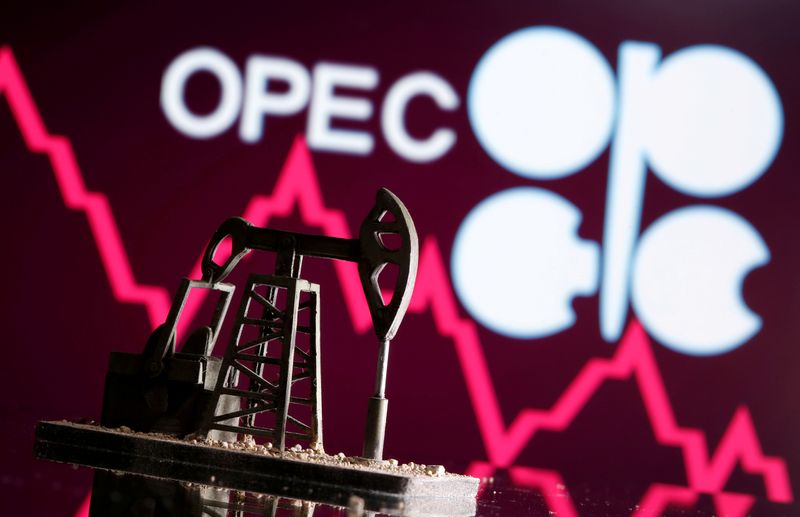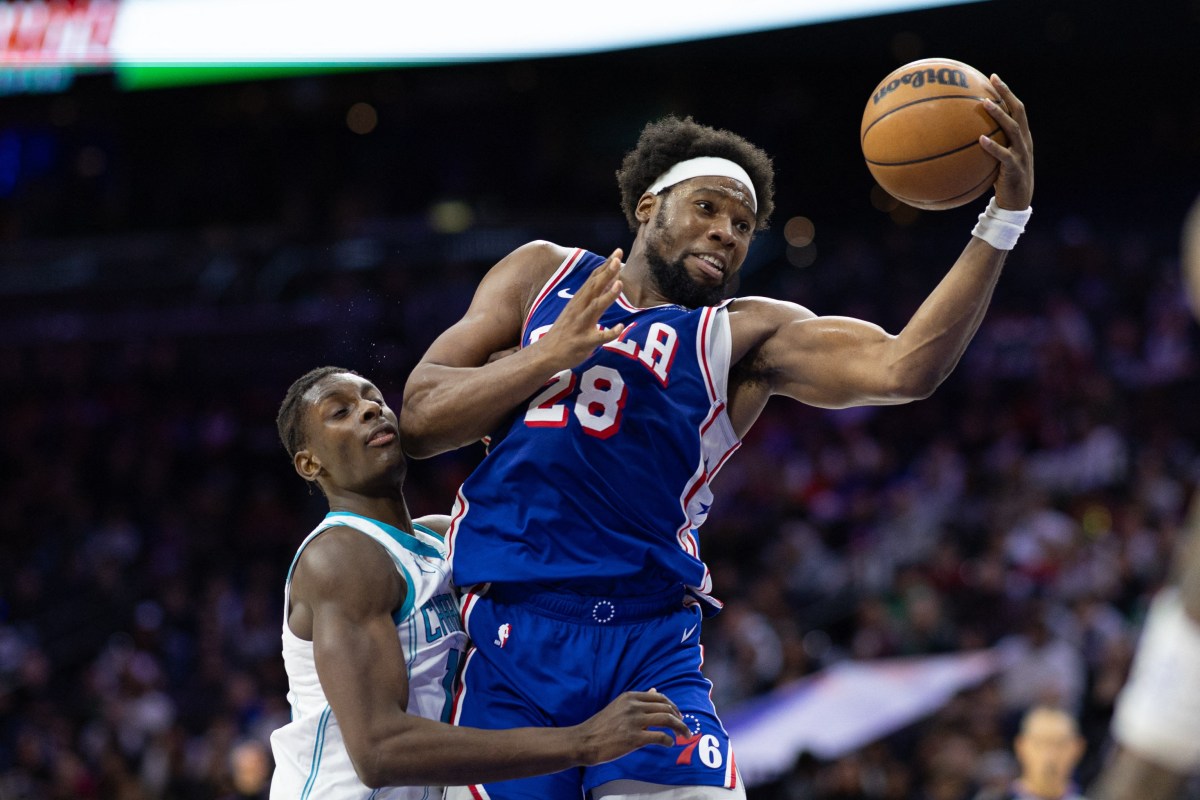(Reuters) – Oil prices will stay elevated into next year as OPEC+ keeps a tight leash on supply despite U.S.-led strategic crude releases, a Reuters poll showed on Tuesday, but a COVID-19 resurgence fuelled by the Omicron variant could loom large over the outlook.
A survey of 39 economists and analysts – kicked off before Omicron grabbed headlines– forecast Brent crude to average $71.25 a barrel in 2021, up from the $70.89 consensus in October and the $70.57 average this year. The 2022 Brent outlook was raised to $75.33 from $74.04.
This is the highest projection this year for the benchmark.
“We expect that OPEC+ will remain cautious in adding barrels, but does not want oil prices to move past $80 for any sustained period of time,” said John Paisie, president of Stratas Advisors.
“OPEC+ is also still worried about shale producers in the U.S. ramping up production in response to higher prices.”
U.S. crude was forecast to average $68.52 and $73.31 a barrel in 2021 and 2022 respectively, versus October’s $68.62 and $71.21 consensus.
Oil price poll: https://fingfx.thomsonreuters.com/gfx/mkt/klpykdxnapg/Oil%20Poll%20Nov-Graphic.png
Demand was seen growing by 4.5-6.0 million barrels per day (bpd) in 2021 and by 3.3-5.0 million bpd next year, led by Asia.
Oil prices have retreated from recent highs as concerns over Omicron coupled with the release of stockpiles by the United States and other nations posed headwinds. [O/R]
The Organization of the Petroleum Exporting Countries and allies, a group known as OPEC+, will meet this week to assess the Omicron variant’s impact and decide whether to adjust its plan to increase output by 400,000 barrels per day in January and beyond.
A few analysts noted that while OPEC+ could rein in a ramp-up in output in response to the stockpile releases, rising coronavirus cases and potential U.S. shale growth could also impact prices next year.
Morgan Stanley on Monday cut its first quarter 2022 Brent crude price forecast to $82.50 per barrel from $95, stating that the Omicron variant creates a downside risk to its demand forecast.
(Reporting by Brijesh Patel in Bengaluru; editing by Arpan Varghese, Noah Browning; editing by Jason Neely)























